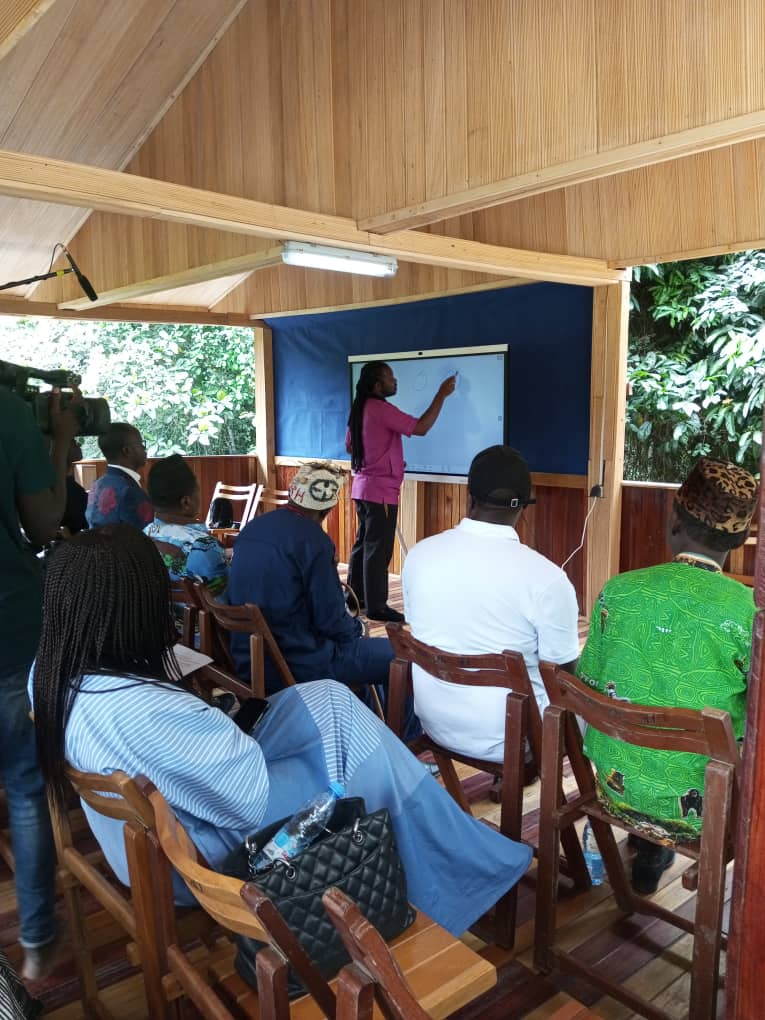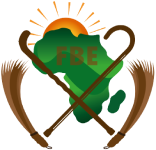Discover the Richness of Cameroonian National Languages: Bulu, Féfé, Duala, and Fufuldé Courses
In the Cameroonian context, teaching national languages is offered in the cities of Douala, Yaoundé, and Sangmelima by experienced teachers. These courses allow learners to discover and deepen their knowledge of different national languages.
Among the languages taught is Bulu, a Bantu language spoken in the Central and Southern regions of Cameroon. Bulu courses aim to preserve this language, which is rich in culture and traditions. Experienced teachers use interactive methods to help learners develop their communication skills in Bulu.
Another language taught is Féfé, a Bantu language primarily spoken in the Western region of Cameroon. Féfé courses enable learners to explore this unique language and develop a deep understanding of its grammar, vocabulary, and pronunciation. Experienced teachers create a stimulating learning environment to help learners master this national language.
Duala, another national language, is also taught in these cities. It is a Bantu language mainly spoken by the Duala people in the Coastal region of Cameroon. Duala courses allow learners to familiarize themselves with the language, learn its specific writing system, and develop communication skills. Experienced teachers encourage learners to immerse themselves in Duala culture for a better understanding of the language.
Lastly, Fufuldé is another national language taught. This Afro-Asiatic language is primarily spoken by the Fulani people in the Northern region of Cameroon. Fufuldé courses enable learners to explore this complex language and acquire advanced language skills. Experienced teachers use interactive methods to help learners master the pronunciation, grammar, and vocabulary of Fufuldé.
The teaching of national languages in these Cameroonian cities aims to promote the country's cultural and linguistic diversity. These courses provide learners with the opportunity to develop valuable language skills while preserving national languages and traditions. Experienced teachers play a crucial role in transmitting these languages by creating a dynamic learning environment and encouraging learners to explore and appreciate the richness of Cameroonian culture.
In the Cameroonian context, teaching national languages is offered in the cities of Douala, Yaoundé, and Sangmelima by experienced teachers. These courses allow learners to discover and deepen their knowledge of different national languages.
Among the languages taught is Bulu, a Bantu language spoken in the Central and Southern regions of Cameroon. Bulu courses aim to preserve this language, which is rich in culture and traditions. Experienced teachers use interactive methods to help learners develop their communication skills in Bulu.
Another language taught is Féfé, a Bantu language primarily spoken in the Western region of Cameroon. Féfé courses enable learners to explore this unique language and develop a deep understanding of its grammar, vocabulary, and pronunciation. Experienced teachers create a stimulating learning environment to help learners master this national language.
Duala, another national language, is also taught in these cities. It is a Bantu language mainly spoken by the Duala people in the Coastal region of Cameroon. Duala courses allow learners to familiarize themselves with the language, learn its specific writing system, and develop communication skills. Experienced teachers encourage learners to immerse themselves in Duala culture for a better understanding of the language.
Lastly, Fufuldé is another national language taught. This Afro-Asiatic language is primarily spoken by the Fulani people in the Northern region of Cameroon. Fufuldé courses enable learners to explore this complex language and acquire advanced language skills. Experienced teachers use interactive methods to help learners master the pronunciation, grammar, and vocabulary of Fufuldé.
The teaching of national languages in these Cameroonian cities aims to promote the country's cultural and linguistic diversity. These courses provide learners with the opportunity to develop valuable language skills while preserving national languages and traditions. Experienced teachers play a crucial role in transmitting these languages by creating a dynamic learning environment and encouraging learners to explore and appreciate the richness of Cameroonian culture.


